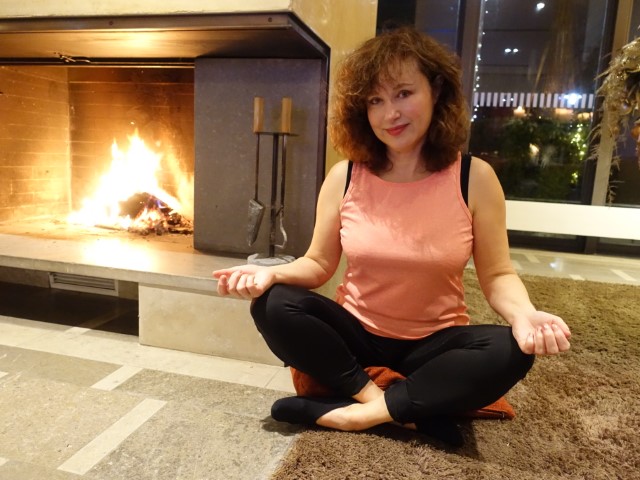What makes us happy? A very good question to which there are certainly many answers.
A thousand things can make us happy, from a cup of good coffee in the morning to a hug from a loved one.
One thing seems certain: only things that really exist or really happen have real emotional value for us.
On the other hand, we consider the world of dreams or fantasies to be a waste of time and a disappointment if it does not correspond to reality.
But – Is that really the case?
The fact is – our brain cannot clearly distinguish between reality and fantasy.
It experiences ideas just as intensely as real events. An example: imagine a lemon that you would like to bite into. You immediately feel the fragrant peel and the sour taste of the juice on your lips. Your saliva starts flowing. You enjoy the whole process, assuming you’ve had this experience before.
As a result, you are also able to really experience certain experiences and emotions with the help of your imagination. This phenomenon was discovered scientifically a long time ago and is used in psychology. There are mental training programs that help athletes or patients feel better.
Everyone can use the power of imagination.
Are you not 25 years old anymore?
Then close your eyes, take a deep breath and imagine for a moment that it is you! What would happen? How would you feel? Your back straightens. You take one deep breath after another, you would feel energy and drive.
Have you always wanted to be a king or queen?
Then put on your most beautiful suit or dress, walk a few steps like a king or queen, greet your imaginary subjects with dignity. How does that feel? Are you king or queen for this moment?
Does that sound stupid? You would never do that?
Are dreams of no use? Just the sole acceptance of reality?
It would be a shame to give up dreams! This would result in the loss of a very useful resource – the healing power of our imagination. Because with your imagination you can imagine and live through anything, almost like in reality. Because needs that are not fulfilled eat away at our soul.
Here are my 5 tips for successful dreaming:
– Allow yourself to dream!
– Accept that some things remain just a dream and that’s a good thing!
– Perform personal, regular dream rituals by finding a quiet place or starting one after wakingup.
– Imagine your desired constellations as precisely as possible: what you want to feel, see or smell and how you feel.
– Enjoy the moment, know that this is good for your body and your soul, regardless of whether the dream comes true or not!
Voilà!







